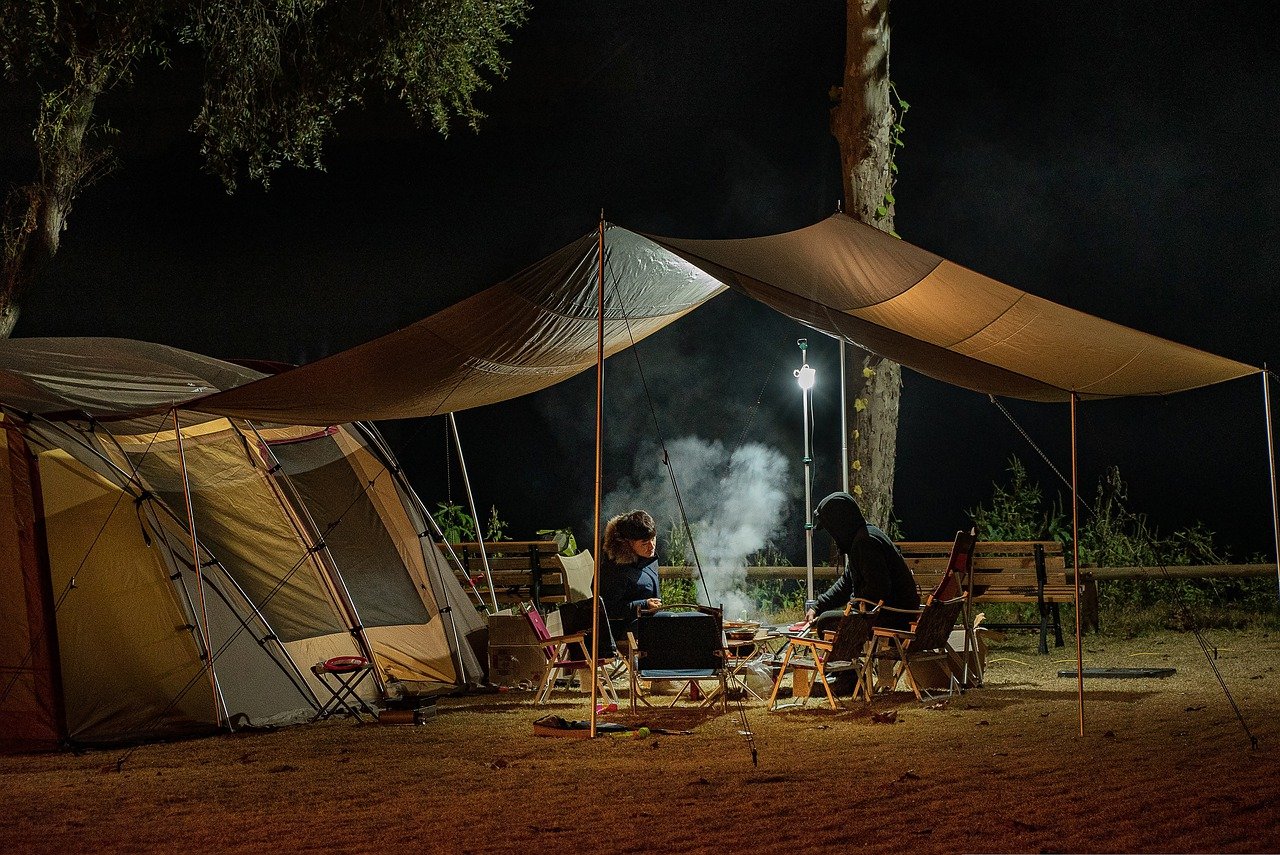The Camp Lejeune Fiasco: A Quick Overview On The Developments


The federal government has made it easier for military personnel and their families to file a claim against the government based on the contaminated water at Camp Lejeune, North Carolina, following the passing of the Camp Lejeune Justice Act of 2022. While this represents a positive step forward, the act has a long history. For years, servicemen and women and their families have been prevented from being able to obtain meaningful compensation. The Camp Lejeune Justice Act of 2022 has changed that, so it is critical for anyone suffering from one of the many Camp Lejeune medical problems to understand the act, as well as the factors that led to its passage.
Developments Over Time In Camp Lejeune
Let's go over the Camp Lejeune settlement updates over time to gain a better sense of the whole issue.
Camp Lejeune, located on North Carolina's Atlantic coast, has been a significant base for the Marine Corps since its creation in 1941 and is one of the Corps' largest and busiest locations. As with other military stations of the period, environmental protection was sometimes lacking. The Tarawa Terrace water purification facility, one of two primary treatment facilities responsible for disseminating the contaminated water, was erected in the 1950s to supply clean water to the people of Tarawa Terrace, a Camp Lejeune community. The water treated and delivered by the Tarawa Terrace treatment facility for water became critically contaminated in a matter of years. During the same period, the government built the Hadnot Point water treatment plant to handle the increasing population.
With stricter environmental rules on the horizon, military chemists began rigorously analyzing Camp Lejeune's water supply in October 1980. There were numerous water sources on the base. A test was conducted to detect traces of organic chemicals, or solvents, in the water supply. The EPA examination of Camp Lejeune water in the 1980s uncovered thousands of marine corporations in North Carolina and federal records detailing the most hazardous drinking water pollution in the country's history.
As stated by the corporation, it discarded waste in conformity with standard methods at the time. However, according to records, the Marines spilled oil and industrial garbage into storm drains. In addition, potentially radioactive items, including dog corpses used in testing, were buried. The group even set up a daycare in a disused malaria prevention workshop where chemicals were manufactured and stored.
An adjacent dry-cleaning business was a key source of water contamination because it poured wastewater filled with dry-cleaning chemicals into channels for years. Tetrachloroethylene, or PCE, is a potential carcinogen. PCE is a solvent with many industrial applications and another potential carcinogen that was also extensively used by marines on base to clean machines. For more than two decades, the Marine Corps has claimed that the contaminants identified in Camp Lejeune's drinkable water in the 1980s were unregulated.
2009 - The First Lawsuit Was Filed
It is astonishing that after such a long period of disease and contamination, the spouse of a former marine submitted the first Camp Lejeune polluted water complaint. The drinking water in their house came from one of Camp Lejeune's polluted water treatment initiatives. She alleged in the Camp Lejeune lawsuit that she was exposed to harmful substances through the camp's water supply.
2012 - The Camp Lejeune Families Act is signed into law by President Barack Obama.
Service members who served at Camp Lejeune could begin receiving benefits for health care from the US Department of Veterans Affairs under this new law, given they met specific eligibility requirements. Furthermore, the act authorized eligible family members to be compensated for qualifying health-care costs under the Camp Lejeune person's family program.
2017 - Veterans Begin Filing for VA Benefits
The Department of Veterans Affairs issued a final rule that established the presumption of service connection in compensation claims for military veterans stationed at Camp Lejeune so that they can finally lead healthy lives. The authorities began taking compensation claims and paid approved claims totaling more than $2 billion over the next few years.
2022 - The Camp Lejeune Justice Act of 2022 gets approved by the United States House of Representatives and the United States Senate.
The Camp Lejeune Justice Act of 2022 was introduced to the United States House of Representatives, and the bill was passed in the following months. The bill was then sent to the United States Senate, where it was approved by a large majority. The bill was then presented to President Joe Biden for his final confirmation, after which it was signed into law.
Conclusion
President Joe Biden signed the Camp Lejeune Justice Act of 2022 into law in August 2022. Given the amount of time that has passed and the tight eligibility rules, it is anticipated that many service people will have a difficult time confirming their eligibility. A skilled attorney can help military members, their families, and their representatives understand their rights and get the compensation they are entitled to.
